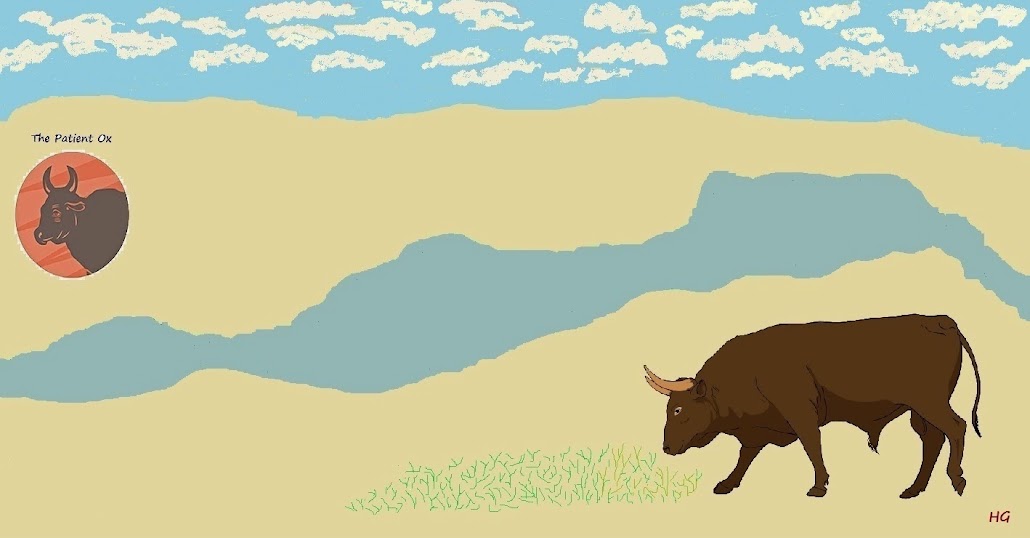
--------------------
by Chesley Maldonado
Do you have a sense of entitlement?
Before you say no, read this article.
It many not be true of every single person in the country, but in general, Americans have a sense of entitlement. It basically means that people feel that the world owes them something, they take the things they have for granted, and they expect to get things without giving first. Do you think that maybe you have a sense of entitlement? Keep thinking about it as you read on.
Some children grow up with a sense of entitlement. We all know that little ones want what they want, exactly when they want it. Unfortunately, it doesn't stop there. Teenagers often run themselves and their parents into deep debt because they have to have the latest in fashion and technology. Many do poorly in school because they expect every grade to come easily, and even worse they pass their classes with a social promotion doing little more than going to class.
Complaints about any delay, inconvenience or restriction fill the thoughts and conversation of those who have this sense of entitlement. Learning, money, material goods, promotion and reward are expected, even though they do nothing more than the bare minimum. After a life of having things handed to them, they enter the world and wait for good things to happen.
Do you find yourself complaining about how things are not fair, how others should make things easier for you, or that if you do what you are supposed to do you should be rewarded, congratulated or thanked? That sounds like the sense of entitlement to me.
How can we overcome the sense of entitlement?
I have to confess that I am guilty. I know that I have taken certain things in my life for granted, and I have been blessed not to have the struggles that many other people around me have. At the same time, I also know that the attitude that the world owes me something is weak and foolish, and won't help me succeed in life. With that said, let us try to change this attitude, in ourselves, and in our children.
We have to realize and accept the following truths to rid ourselves of the hindrance that the sense of entitlement creates.
* Life is not fair. Sometimes people have more, but only because they earned it. At the same time, there are other people who work harder and have less than you. Try not to focus on the people who have more but seem to do less.
* No one owes us anything. Everything you have is a gift, right down to the air you breathe.
* Goals and dreams can only be attained through hard work and a willingness to never quit. Success is not going to chase you down, you have to make it come to you.
* There will always be inconvenience. You are special, and I am sure you have wonderful qualities, but you will have to wait sometimes, just like everyone else.
Hopefully, we can all absorb this reality and be thankful for what we have. Hard work needs to be a part of our lives in order to reach our goals. We can't just barely meet requirements and expect exceptional rewards.
If we strive to better ourselves with gratitude and ambition, our personal achievements will replace our sense of entitlement with a sense of accomplishment.













